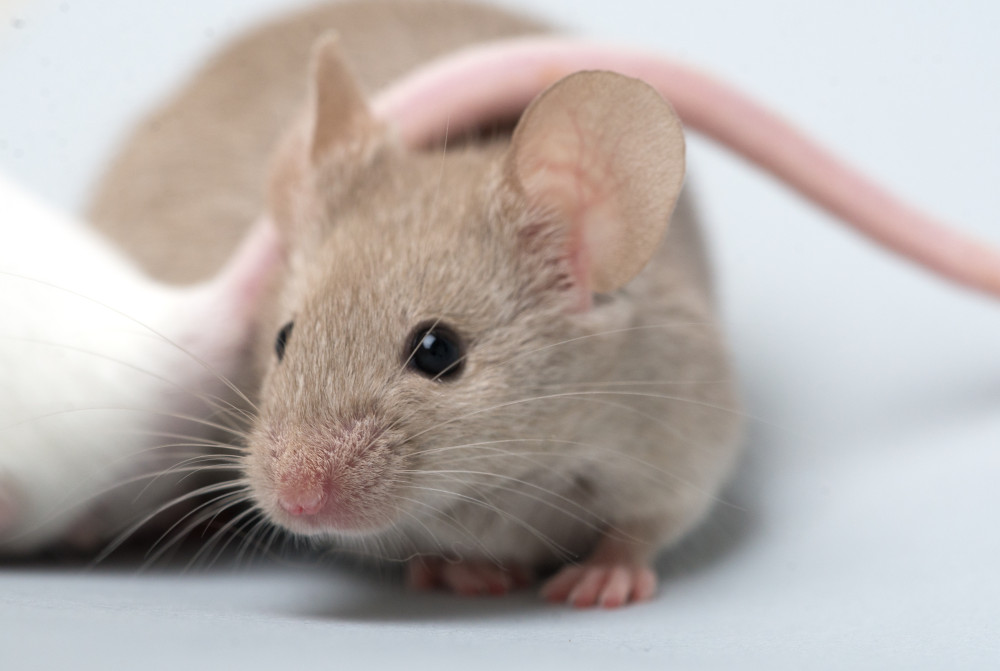Where can I get my pet mice?

When you are considering adding companion mice to your family, you will need to give some thought to where to get them. There are a lot of things to consider in finding the right mice for you, for example:
- Animal shelters such as the RSPCA and other reputable rescue organisations often have pet mice available for adoption.
- There are rehoming groups that help rehome rodents like mice from research institutions.
- Mouse interest clubs hold regular meetings, and their members can be an excellent source of mice for purchase.
- Breeders rarely advertise their mice but can often be found through word of mouth.
- Pet shops often have mice available, but as they often buy them from multiple suppliers there may be a greater risk of bringing home a sick animal.
- Online sales and social media groups can be a potential source of mice for purchase but may be unreliable and unsafe to buy from – especially if you are buying ‘sight unseen’ (which should be avoided).
Regardless of where you get your mice from, there are a few things to consider before purchase:
- Can the seller give you plenty of information on mice and their care requirements?
- They should want to make sure you are well informed and getting the right mouse for your circumstances and that you are adequately prepared to look after mice. If they try to persuade you to buy a mouse out of pity or for other reasons, this should raise red flags.
- What do the premises (e.g., house or shop) look like? Is it clean, with minimal odour? Does the housing appear good, and are the mice fed well?
- Do the animals seem healthy? A healthy mouse should:
- Be active and bright and interacting with other mice
- Have normal breathing (no noise or excessive effort when breathing)
- Not be coughing, wheezing, or sneezing
- Not have any discharge from the nose or eyes
- Have a clean shiny full coat (no hair loss, no diarrhoea/faeces stuck to their coat under the tail), bright eyes, clean ears
- Be moving about comfortably without limping or stumbling
- Have a relaxed posture with ears forward facing or reacting to what is happening around them
- Be a good body weight (not over or under weight)
- For more information about what an unhealthy mouse looks like, see this article.
- Are there any obvious genetic issues e.g., hairless mice? This may indicate a degree of inbreeding, which may in turn affect the health of the mice you are thinking about buying.
Was this article helpful?
Error
This work is licensed under a Creative Commons Attribution-NonCommercial-NoDerivatives 4.0 International License.


